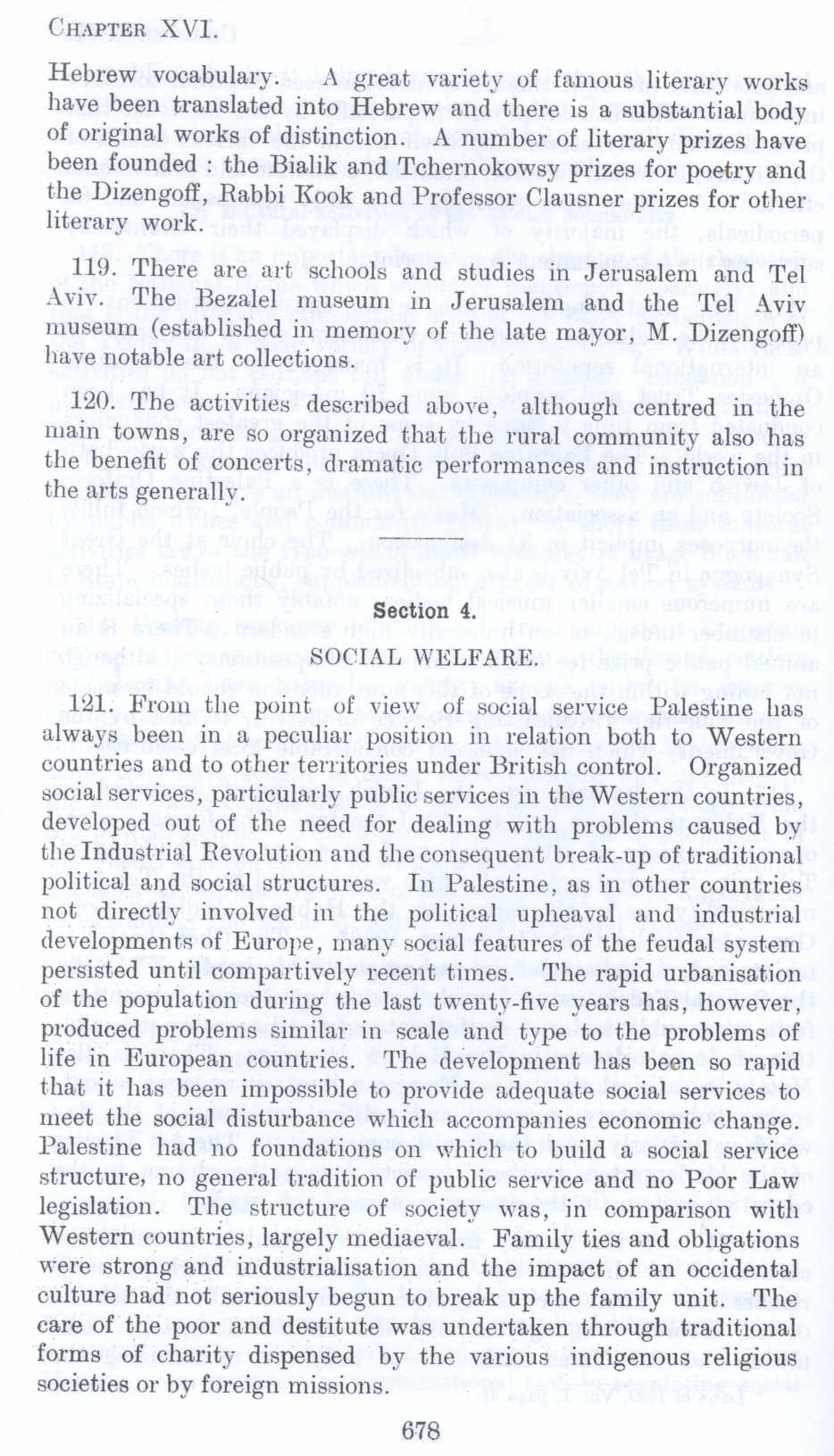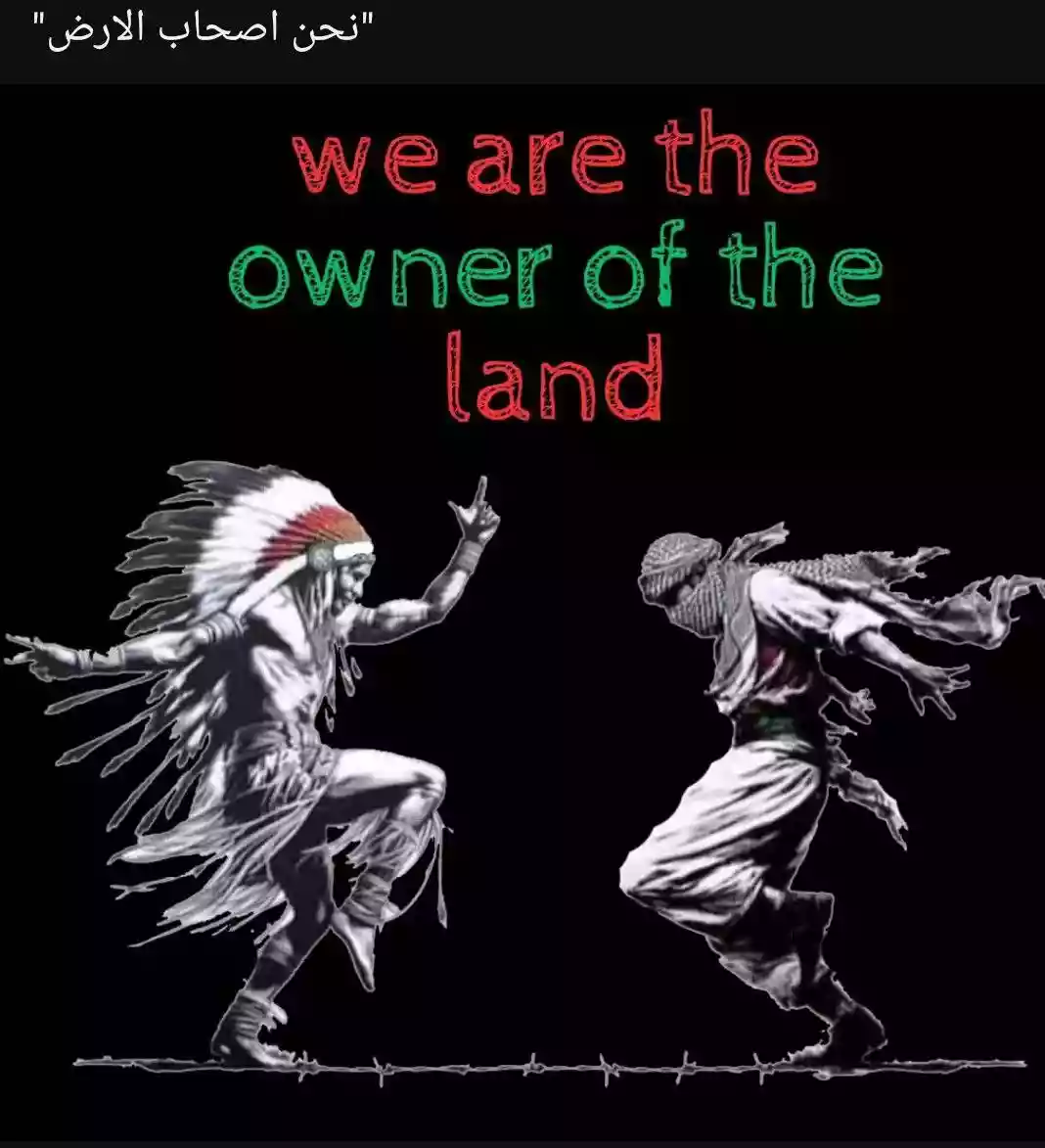| Prev | Next |  |
| Prev | Next |
| PalestineRemembered | About Us | Oral History | العربية | |
| Pictures | Zionist FAQs | Haavara | Maps | |
| Search |
| Camps |
| Districts |
| Acre |
| Baysan |
| Beersheba |
| Bethlehem |
| Gaza |
| Haifa |
| Hebron |
| Jaffa |
| Jericho |
| Jerusalem |
| Jinin |
| Nablus |
| Nazareth |
| Ramallah |
| al-Ramla |
| Safad |
| Tiberias |
| Tulkarm |
| Donate |
| Contact |
| Profile |
| Videos |
Social Welfare in Palestine before 1948 (Nakba), British Mandate: A Survey of Palestine: Volume II - Page 678. Chapter XVI: Social Services : Section 4 |
Disclaimer
The above documents, article, interviews, movies, podcasts, or stories reflects solely the research and opinions of its authors. PalestineRemembered.com makes its best effort to validate its contents.


Post Your Comment
*It should be NOTED that your email address won't be shared, and all communications between members will be routed via the website's mail server.
Hebrew vocabulary. A great variety of famous literary works have been translated into Hebrew and there is a substantial body of original works of distinction. A number of literary prizes have been founded : the Bialik and Tchernokowsy prizes for poetry and the Dizengoff, Rabbi Kook and Professor Clausner prizes for other literary work.
119. There are art schools and studies in Jerusalem and Tel Aviv. The Bezalel museum in Jerusalem and the Tel Aviv museum (established in memory of the late mayor, M. Dizengoff) have notable art collections.
120. The activities described above, although centred in the main towns, are so organized that the rural community also has the benefit of concerts, dramatic performances and instruction in the arts generally.
Section 4.
SOCIAL WELFARE.
121. From the point of view of social service Palestine has always been in a peculiar position in relation both to Western countries and to other territories under British control. Organized social services, particularly public services in the Western countries, developed out of the need for dealing with problems caused by the Industrial Revolution and the consequent break-up of traditional political and social structures. In Palestine, as in other countries not directly involved in the political upheaval and industrial developments of Europe, many social features of the feudal system persisted until comparatively recent times. The rapid urbanisation of the population during the last twenty-five years has, however, produced problems similar in scale and type to The problems of life in European countries. The development has been so rapid that it has been impossible to provide adequate social services to meet the social disturbance which accompanies economic change. Palestine had no foundations on which to build a social service structure, no general tradition of public service and no Poor Law legislation. The structure of society was, in comparison with Western countries, largely mediaeval. Family ties and obligations were strong and industrialisation and the impact of au occidental culture had not seriously begun to break up the family unit. The care of the poor and destitute was undertaken through traditional forms of charity dispensed by the various indigenous religious societies or by foreign missions.
678